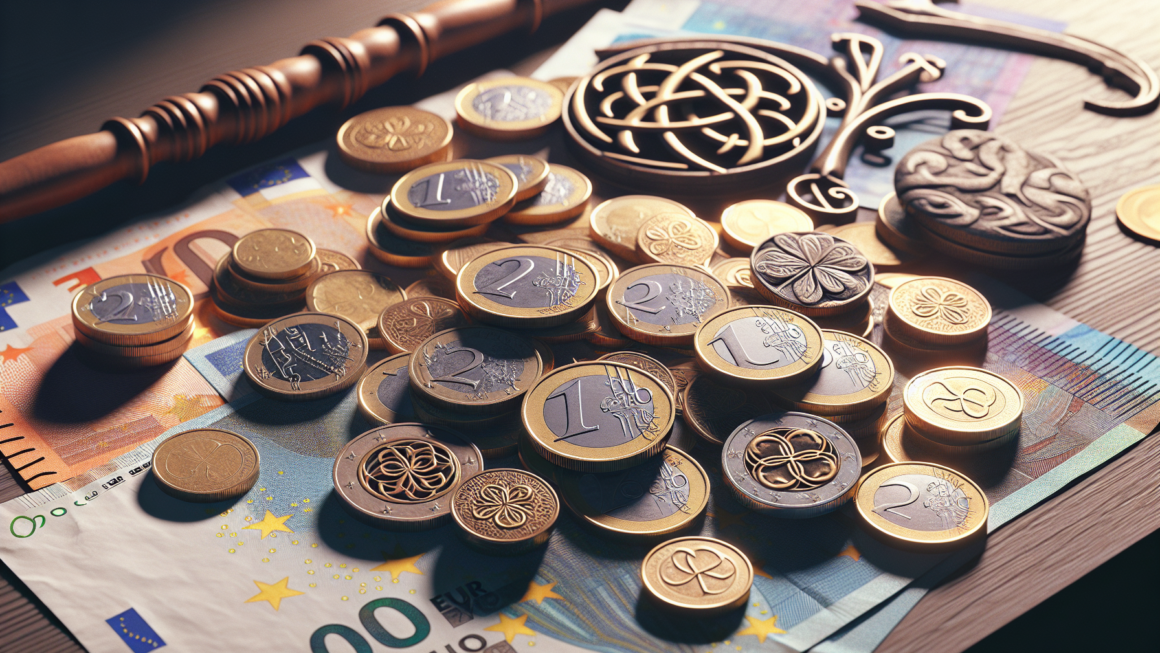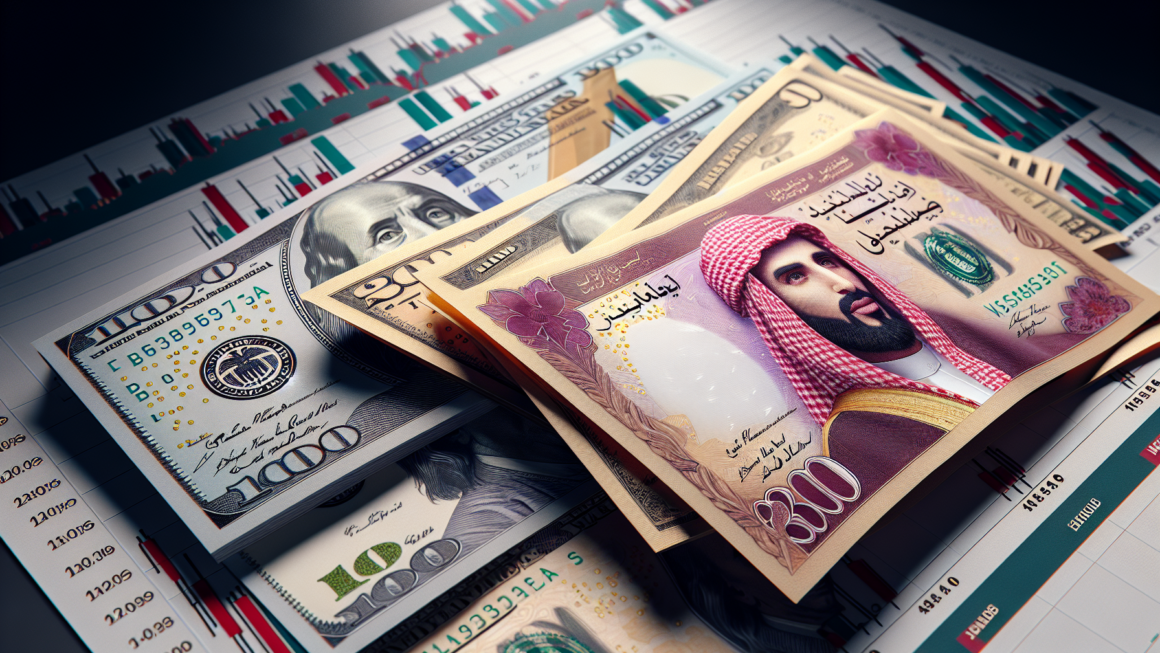Introduction
Ireland is a beautiful country with a rich history and culture, attracting millions of visitors each year. When traveling to Ireland, it’s essential to understand the currency used in different parts of the country. This comprehensive guide will provide you with all the information you need about the currencies used in Ireland, including denominations, card payments, currency exchange, and tips for managing your money while visiting the Emerald Isle.
Official Currencies in Ireland
Ireland has two official currencies, depending on which part of the country you are in. The euro is the official currency of the Republic of Ireland, while the pound sterling is used in Northern Ireland, which is part of the United Kingdom.
It’s crucial to understand the difference between these two currencies to avoid confusion when making purchases or exchanging money during your visit to Ireland.
Euro in the Republic of Ireland
The euro (€) is the official currency of the Republic of Ireland and is also used in many other European countries. It was introduced in 2002, replacing the Irish pound. The euro is divided into 100 cents and is available in both banknotes and coins.
When traveling in the Republic of Ireland, you will use the euro for all your transactions, including purchases, dining, and accommodations.
Pound Sterling in Northern Ireland
In Northern Ireland, which is part of the United Kingdom, the official currency is the pound sterling (£). The pound sterling is divided into 100 pence and is also available in both banknotes and coins.
If you plan to visit Northern Ireland, you will need to use pound sterling for your transactions. It’s important to note that while some businesses in Northern Ireland may accept euros, it is not guaranteed, and the exchange rate may not be favorable.
Currency Denominations
Both the euro and pound sterling come in various denominations, making it easy to make purchases of different values. Understanding the available banknotes and coins for each currency will help you manage your money more effectively during your stay in Ireland.
Euro Banknotes and Coins
Euro banknotes come in the following denominations:
- €5
- €10
- €20
- €50
- €100
- €200
- €500 (rarely used)
Euro coins come in the following denominations:
- 1 cent
- 2 cents
- 5 cents
- 10 cents
- 20 cents
- 50 cents
- €1
- €2
Pound Sterling Banknotes and Coins
Pound sterling banknotes come in the following denominations:
- £5
- £10
- £20
- £50
Pound sterling coins come in the following denominations:
- 1 pence
- 2 pence
- 5 pence
- 10 pence
- 20 pence
- 50 pence
- £1
- £2
Card Payments in Ireland
In addition to cash, credit and debit cards are widely accepted throughout Ireland. Most businesses, including restaurants, hotels, and retailers, accept card payments, making it convenient for travelers to make purchases without always carrying cash.
Credit and Debit Cards Accepted
The most widely accepted credit and debit cards in Ireland are Visa and Mastercard. American Express is also accepted in some places, particularly in larger cities and tourist areas, but it is not as widely accepted as Visa and Mastercard.
When using your credit or debit card in Ireland, be aware of any foreign transaction fees your card issuer may charge. Some cards offer no foreign transaction fees, which can help you save money on your purchases abroad.
Chip and PIN System
Ireland uses the Chip and PIN system for card transactions, which is a standard throughout Europe. This means that when making a purchase with your card, you will be required to insert your card into a card reader and enter your four-digit PIN to complete the transaction.
Some businesses may still accept swipe cards, but it is becoming less common. To ensure a smooth payment process, it’s best to have a card with a chip and know your PIN before traveling to Ireland.
Currency Exchange in Ireland
When visiting Ireland, you may need to exchange your home currency for euros or pound sterling. There are several options available for currency exchange, each with its own advantages and disadvantages.
Where to Exchange Currency
Currency exchange services can be found at various locations throughout Ireland, including:
- Banks: Most banks in Ireland offer currency exchange services. However, they may have limited operating hours and may charge higher fees compared to other options.
- Post offices: Many post offices in Ireland also provide currency exchange services, often with competitive rates and longer operating hours than banks.
- Hotels: Some hotels offer currency exchange services for their guests, but the exchange rates may not be as competitive as other options.
- Currency exchange bureaus: Dedicated currency exchange offices, such as Bureaux de Change, can be found in larger cities and tourist areas. They often have longer operating hours and competitive rates, but it’s essential to compare rates before exchanging your money.
Using ATMs (Cashpoints) in Ireland
ATMs, known as “cashpoints” in Ireland, are widely available throughout the country. They offer a convenient way to withdraw local currency using your debit or credit card. Most ATMs in Ireland accept Visa and Mastercard, but be aware that your card issuer may charge foreign transaction fees or ATM fees for using an ATM abroad.
When using an ATM in Ireland, always choose to be charged in the local currency (euros or pound sterling) rather than your home currency to avoid additional fees and unfavorable exchange rates.
Tips for Managing Money in Ireland
To make the most of your money while traveling in Ireland, consider the following tips:
Using Wise Card for Spending
The Wise card, formerly known as TransferWise, is a popular option for travelers looking to save money on currency exchange and foreign transactions. The Wise card allows you to hold and spend money in multiple currencies, including euros and pound sterling, at the mid-market exchange rate with no hidden fees.
By using a Wise card, you can avoid the high fees and unfavorable exchange rates often associated with traditional currency exchange services and credit card transactions abroad.
Avoiding Fees and Getting Best Exchange Rates
To minimize fees and get the best exchange rates while in Ireland, consider the following tips:
- Use a card with no foreign transaction fees: Choose a credit or debit card that doesn’t charge foreign transaction fees to save money on purchases abroad.
- Always choose to be charged in the local currency: When given the option at ATMs or card readers, always choose to be charged in euros or pound sterling to avoid additional fees and unfavorable exchange rates.
- Avoid exchanging money at airports and hotels: Currency exchange services at airports and hotels often have the least competitive rates and highest fees. Instead, use ATMs or visit banks or post offices for better rates.
- Compare rates before exchanging: If you need to exchange cash, compare rates at multiple locations to ensure you’re getting the best deal.
By following these tips and understanding the currencies and payment methods available in Ireland, you’ll be well-prepared to manage your money effectively during your visit to this beautiful country.
See also:
- Germany Currency: A Complete Guide to Euro Exchange Rate and Deutsche Marks Conversion
- Finland Currency: A Complete Guide to Money in Finland
- Portugal Currency: A Complete Guide to Travel Money
- Italy Currency: A Complete Guide to Money in Italy
- Turkey Currency Exchange Rate: USD to TRY Conversion – Top News




